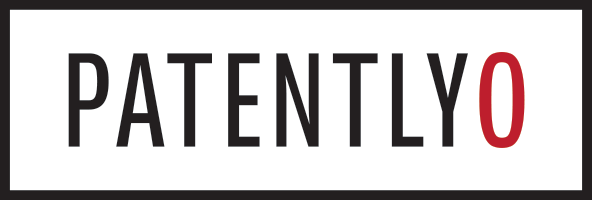
"In a memorandum issued Oct 28, 2025, USPTO Director John Squires designated Corning Optical Communications RF, LLC v. PPC Broadband Inc., IPR2014-00440, Paper 68 (PTAB Aug. 18, 2015) (except for § II.E.1) as precedential, formally restoring the Office's prior practice of requiring petitioners to identify all real parties in interest before IPR institution. This move was foreshadowed by last month's de-designation of SharkNinja Operating LLC v. iRobot Corp., IPR2020-00734, Paper 11 (PTAB Oct. 6, 2020), which had relaxed enforcement of the RPI requirement."
"The America Invents Act provides that the USPTO may consider an IPR petition "only if" it "identifies all real parties in interest." 35 U.S.C. § 312(a)(2). This mandatory language indicates that the the agency must make some consideration of the RPI issue - but the primary questions are (1) whether RPI must be figured out prior to institution; and (2) whether the patentee can amend a petition that contained a faulty RPI statement. The new answers here are (1) yes; and (2) no amendment."
USPTO Director John Squires designated Corning Optical Communications RF, LLC v. PPC Broadband Inc., IPR2014-00440, Paper 68 (except § II.E.1), as precedential, restoring the Office's practice of requiring petitioners to identify all real parties in interest before institution. The designation follows the de-designation of SharkNinja v. iRobot, which had relaxed enforcement of the RPI requirement. The America Invents Act conditions consideration of an IPR petition on identification of all real parties in interest under 35 U.S.C. § 312(a)(2). The agency will now require RPI determinations prior to institution and will not permit amendment of faulty RPI statements, increasing potential IPR petition denials and risking one-year SOL bars to refiling.
#inter-partes-review-ipr #real-parties-in-interest-rpi #uspto-precedential-designation #35-usc-312a2
Read at Patently-O
Unable to calculate read time
Collection
[
|
...
]